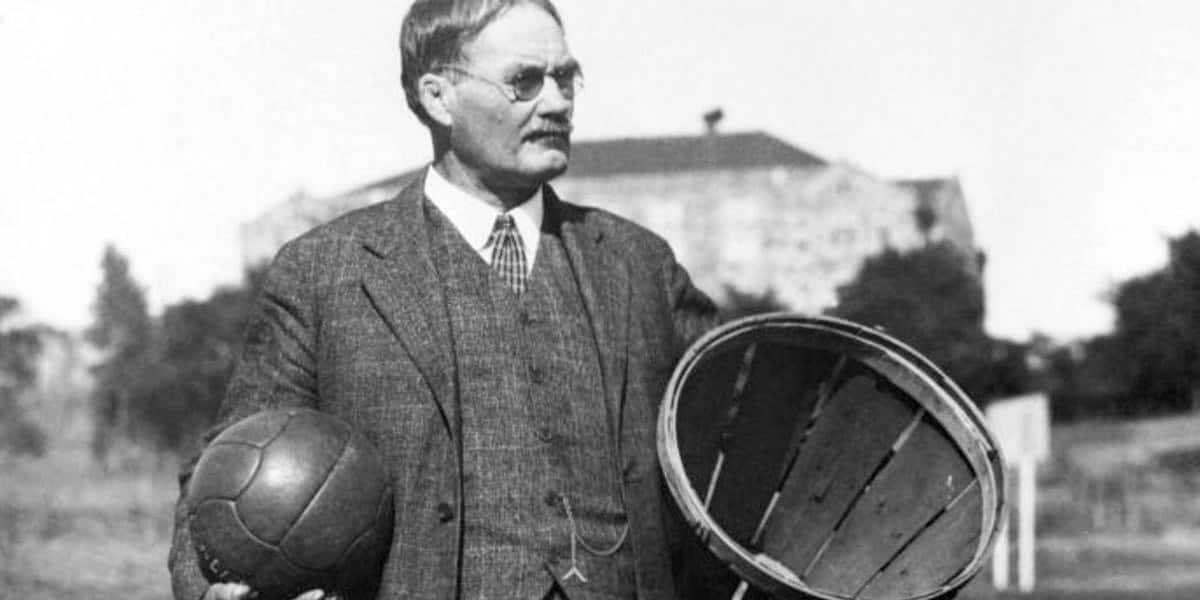
The Evolution of Basketball: From Naismith’s Original Rules to Today’s Game
The Early Days of Basketball: From Invention to Worldwide Recognition
Basketball was invented by Canadian physical education instructor James Naismith in Springfield, Massachusetts, in 1891. Tasked with creating an indoor game that resulted in fewer injuries than American gridiron football, Naismith devised a 9-on-9 game that involved shooting a ball into a peach basket. In the original version of the game, each made basket was worth one point, and the first match ever had a final score of 1-0.
Rapid Growth and Expansion of Basketball
The game experienced exceptional growth, with college teams forming basketball leagues within the first decade of its existence. Naismith himself became a college coach, joining the University of Kansas in 1898 and amassing a win/loss record of 55-60—ironically, Naismith is the only coach in Kansas history with a losing record.
Basketball Goes Global
Basketball’s introduction to the rest of the world came in part due to efforts by the US Army and the YMCA. By 1893, the first international match was held, and YMCA members took the game to diverse locations such as India, Japan, Persia, and China.
The Emergence of College Basketball
In 1895, the first recorded college basketball game between two university teams took place. The University of Minnesota A&M faced Hamline University under 9-on-9 rules, with Minnesota A&M winning 9-3. A year later, in 1896, the first collegiate 5-on-5 game saw the University of Iowa playing against the University of Chicago, which resulted in a 15-12 victory for Chicago.
The Birth of Professional Leagues
By 1898, professional basketball leagues began to form, starting with a six-team league that disbanded in 1904. From then until World War I, small championships and games for money were organized, with teams like the original Celtics facing challengers.
A Lasting Legacy
Basketball’s global impact and growth can be traced back to its humble beginnings in Springfield, Massachusetts. James Naismith’s invention evolved from a small-scale, indoor game to a worldwide phenomenon, capturing the hearts and minds of countless fans across generations. The sport’s journey from its early days of peach baskets and nine-player teams to professional leagues and international competitions is a testament to its enduring appeal and the dedication of those who have shaped its history.
The Original 13 Rules of Basketball by James Naismith
- Throwing the ball: Players could throw the ball in any direction using one or two hands.
- Batting the ball: The ball could also be batted in any direction with one or both hands.
- No running with the ball: Players had to throw the ball from the spot where they caught it. Naismith made an exception for players who needed to come to a stop if they caught the ball while running at full speed.
- Holding the ball: The basketball had to be held between the hands without being supported by arms or body.
- No physical contact: Players could not strike, push, hold, trip, or shoulder their opponents. Violating this rule constituted a foul.
- Fouling consequences: Two fouls disqualified a player until the next basket was made without substitution. An attempt to injure an opponent led to disqualification for the entire game.
- Striking the ball with a fist: Hitting the ball with a fist was considered a foul.
- Consecutive fouls penalty: A team committing three consecutive fouls would have a goal counted against them.
- Scoring: A goal was only counted if the ball stayed in the basket. Bounced-out balls did not count as goals.
- Jump ball: If the ball went out of bounds and it was unclear who was responsible, the umpire would throw the ball back into play.
- Umpires’ responsibilities: Umpires were in charge of keeping track of fouls and scoring.
- Game duration: Each half lasted 15 minutes, and the team with the most points at the end of the game would be declared the winner.
- Tiebreakers: In case of a tie at the end of regulation, the game would continue until one team scored a goal.
Today’s game of basketball has evolved significantly since Naismith’s era, with modified rules, improved equipment, and a global fan base. However, the sport still retains some elements of its original foundation, contributing to its enduring popularity around the world.

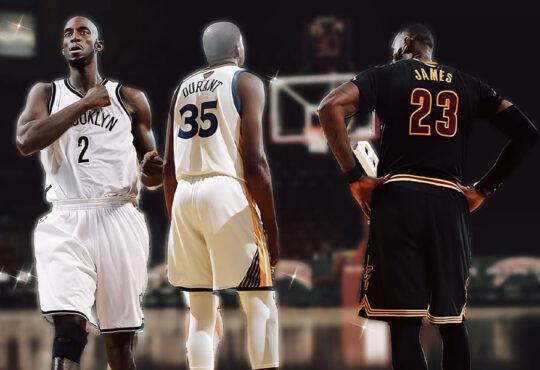
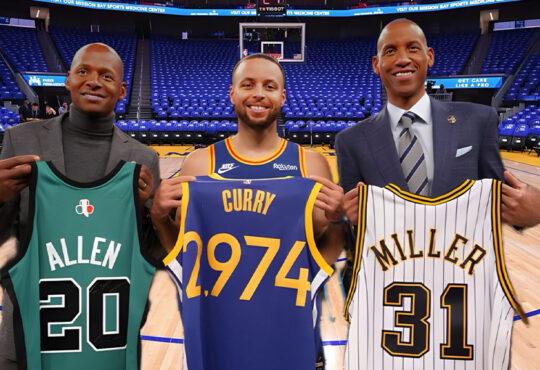
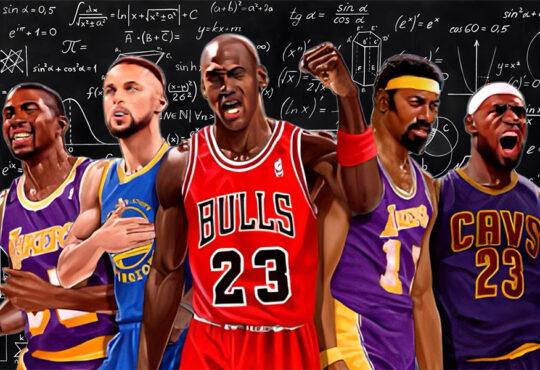
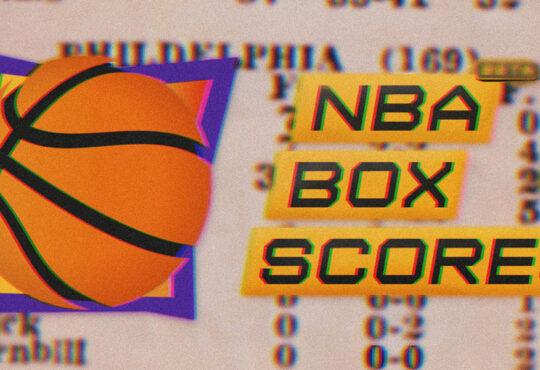

8 COMMENTS